Meet PROTECT’s eight researchers from the University of Catania, whose hometown on the island of Sicily is situated on the very front line of the European Union’s migration ports. Under the leadership of Professor Francesca Longo, the team studies the impact of the UN’s Global Compacts on the EU’s external migration and asylum policies and relations, as well as their impact on vulnerable groups in need of international protection in their region.
PROTECT’s Catania team consists of Professor Francesca Longo, Associate Professor Daniela Irrera, Dr. Stefania Panebianco, Associate Professor Mara Benadusi, Dr. Iole Fontana, Dr. Marcello Carammia, Dr. Giovanna Cavatorta and Dr. Danilo Di Mauro.
Catania is the landing port of many migrants and refugees crossing the Mediterreanean. Over 40 000 applications for international protection were made by refugees to Italy in 2019 alone.
Not only does the Catania team work and live in a region that receives a large number of migrants each year, they also hold extensive expertise of Italy’s and the EU’s migration and asylum policy as well as their foreign relations with transit countries and countries of origin.
Together with researchers from the University of Surrey, the team co-leads PROTECT’s Work Package 5, surveying how the Global Compacts on Refugees and Migrants affect the work, strategies and networking patterns of civil society organizations and other stakeholders involved in refugee protection and asylum governance structures in the Mediterranean and globally.
The team is also involved in Work Package 4, which entails conducting fieldwork among actors involved in migration governance and refugee protection – as well as vulnerable groups in need of international protection.
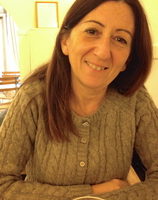
Meet Francesca Longo
Francesca Longo is full Professor of Political Science and International Relations at the University of Catania. She is Jean Monnet Professor of European Union Public Policies and PhD doctor in International Relations and serves as President of the Italian Political Science Association. She has taken part in the H2020 TransCrisis project, focusing on the issue of ‘Managing Immigration Crisis’ and in a number of other multi-partner national and international projects on EU Migration Policy, EU Foreign Policy and Italian Foreign Policy. Her present research interests include EU migration and asylum policy, particularly EU’s external relations, and Italian migration policy.
EU’s problematic external migration policy
In a recent video blog on the PROTECT YouTube channel, Longo addressed the EU’s current policy on migration and asylum issues, criticizing the Union’s ability to protect vulnerable migrants on the EU’s external borders:
– The strategy of restricting migrants’ access by pushing controls outside the union’s territory is one of the main strands of the EU’s asylum policy, Longo explains.
– This is not a neutral policy and it has strong impacts on the capability of the EU and its member states to protect refugees and comply with the principles of international protection regime, she continues.
Longo draws on the EU-Libya cooperation as an example of the EU’s problematic asylum and migration strategy.
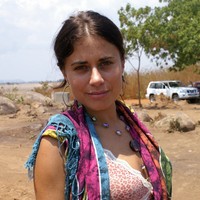
Meet Mara Benadusi
Mara Benadusi is an Associate Professor in Cultural Anthropology at in the Department of Political and Social Sciences at the University of Catania. Her current research interests focus on the theme of vulnerability, resilience and risk related to natural disasters and environmental crises; humanitarian intervention and the social and political consequences of the processes of de-industrialization and “green grabbing”. Since 2013 she has been a key-staff member in the EU-funded Jean Monet Program RESHAPE, designed to enhance knowledge and awareness of issues related to crisis, emergency and post-disaster reconstruction. Professor Benadusi is involved in the PROTECT researhers fieldwork among asylum seekers, migrants and refugees and CSOs involved in refugee relief.
Photo: the University of Catania
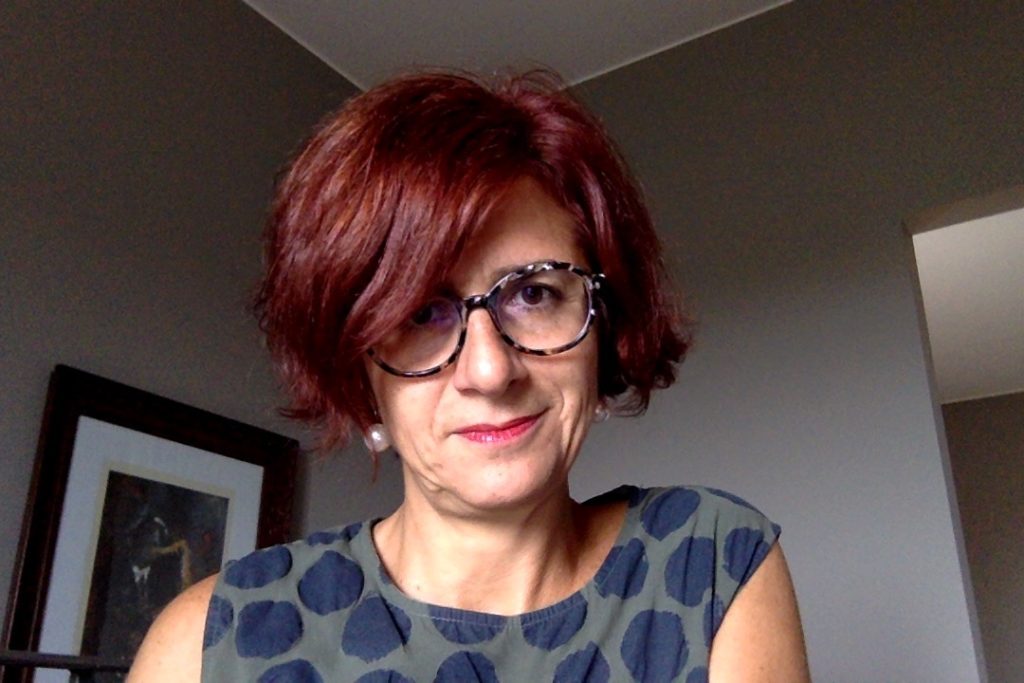
Meet Stefania Panebianco
Stefania Panebianco is Associate Professor of Political Science at the University of Catania where she teaches Mediterranean Politics and Institutions of Global Trade. She also teaches Migration Politics in the Mediterranean at LUISS-Rome. She is holder of the Jean Monnet Chair EUMedEA (Mediterranean Border Crises and European External Action). Professor Panebianco’s main research interests include Mediterranean migration crisis, EU foreign policies, EU-MENA (Middle East and North Africa) relations. She is co-editor of the journal Global Affairs.
Photo: the University of Catania

Meet Daniela Irrera
Daniela Irrera is Associate Professor of International Relations at the Department of Political and Social Sciences, where she serves as Erasmus Coordinator and Deputy Director for Internationalization and Research. She is Secretary General of the Italian Political Science Association (SISP) and President of the European Peace Research Association (EuPRA). As an expert of NGOs, Irrera is particularly involved in the work of WP5, where she works on the shortlisting of CSOs involved in the field of international protection and the findings generated from the surveys.
Photo: the University of Catania
The changing role of NGOs during the Covid-19 lockdown
Dr. Daniela Irrera recently gave a talk on the changing role of NGOs during the Corona lockdown, explaining that NGOs are playing a bigger and more innovative role in global crisis management in the absence of active state actors. Their role in providing humanitarian aid to refugees and migrants has become increasingly important as states have been more concerned with national emergency responses to the Covid-19 pandemic than refugee relief efforts.
– Many NGOs have therefore successfully developed relief tools and responses to meet the challenges of Covid-19 in the areas they operate in, Irrera explained.
Despite tough conditions and reduced funding, many are managing to shift their activities to battle Covid-19.
– This is not only the case for the large professionalized organizations, but also the smaller, spontaneous initiatives are re-shaping their local efforts to meet the needs of vulnerable groups during the Corona pandemic, Irrera said.
– As states’ focus have shifted further away from refugee relief, NGOs have both maintained and established important roles; as both watchdog and proactive actors – reminding states of their moral responsibility of meeting refugees’ and migrants’ needs for protection, and showing flexibility and innovation in how they themselves practice crisis management, she concluded.
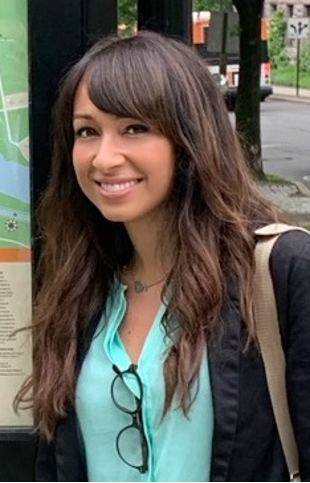
Meet Iole Fontana
Iole Fontana is a senior research fellow at the Department of Political and Social Sciences, University of Catania, Sicily, Italy. She holds a PhD in Institutions, Politics and Policies. Her research focuses on asylum and migration politics and policies in the European Union, in Italy, and in the Mediterranean, on human insecurity and migration, as well as on human smuggling phenomena. As part of PROTECT, Fontana contributes to the institutional and historical research of WP3 and to the fieldwork of WP4.
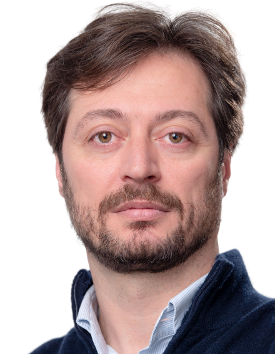
Meet Marcello Carammia
Marcello Carammia is a Senior Researcher at the University of Catania. His research focuses on the comparative analysis of institutions and public policies, with special interest in the interaction between migration dynamics, politics, and policy. He is currently doing research on the determinants of mixed migration flows, on migration modelling and forecasting, and on the interaction between migration flows, the public mood, and migration policies.
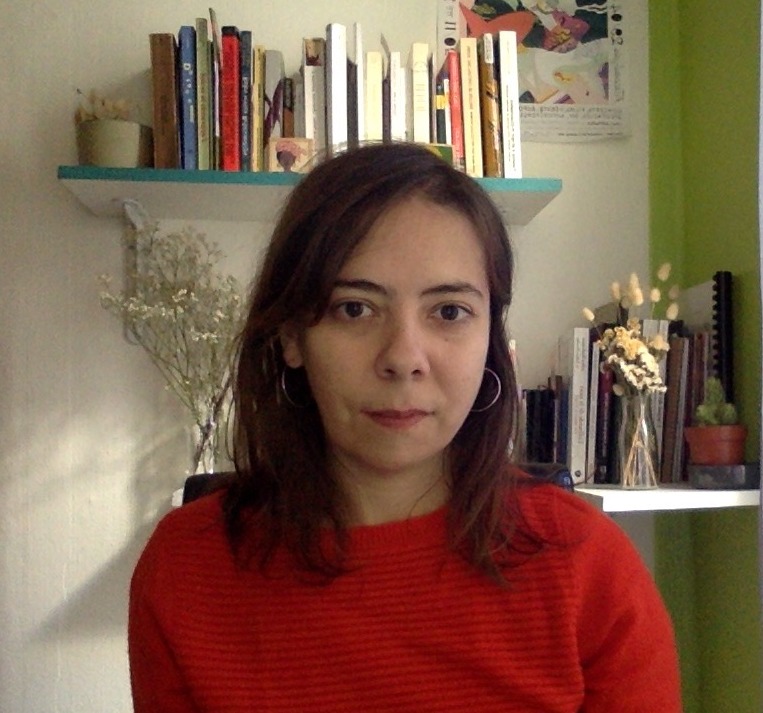
Meet Giovanna Cavatorta
Giovanna Cavatorta holds a PhD in social anthropology. She is interested in migration and gender studies and she has carried out fieldwork research in Italy, Senegal, and Djibouti. Within the PROTECT project, she contributes to WP4 and WP5 activities by conducting ethnographic fieldwork in Sicily. In particular, she examines how different understandings of the gendered dimension of vulnerability affect the recognition of migrants’ legal status.
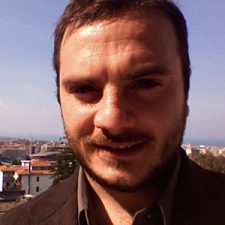
Meet Danilo Di Mauro
Danilo Di Mauro holds a PhD in Political Science and is Assistant Professor of Political Science at the University of Catania Department of Political and Social Sciences. His main research activity concerns Democracy, European Politics, Public Opinion, International Relations, Comparative Politics, and Methodology.
PROTECT partners
[slideshow_deploy id=’1820′]
